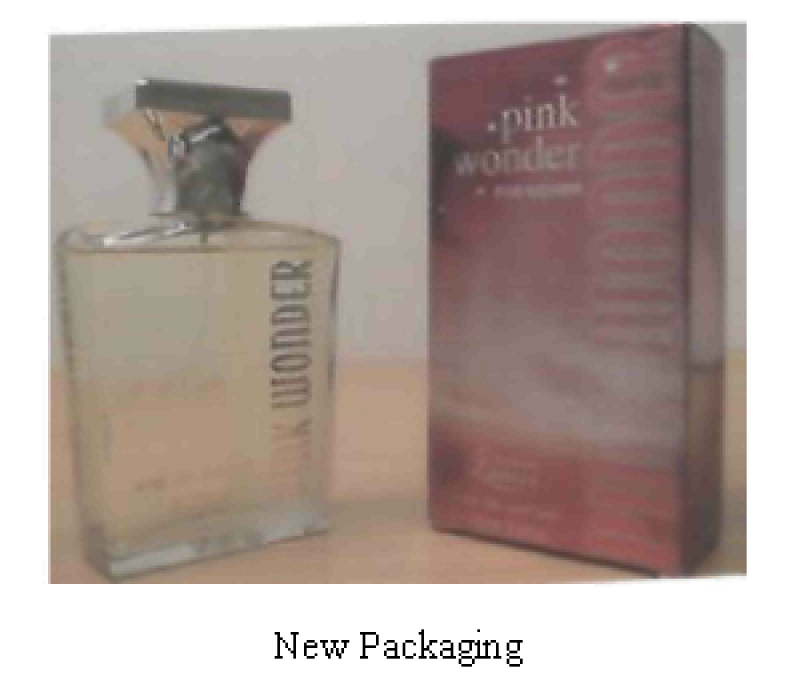
The discussion was kicked off by Kimiya Shams (pictured), who has written an op-ed for businessoffashion.com titled “On Why Fragrances Should Qualify for IP Protection”.
Kimiya reviews recent case law, including last year’s French Supreme Court case Lancôme v Modefine ruling out copyright protection; the Dutch case Lancôme v Kecofa which on the contrary found there was copyright in perfumes; and the long-running L’Oréal v Bellure smell-a-like trade mark case in the UK and CJEU (see picture, below left).
Kimiya concludes: “Innovation has been the key factor to the development of the fragrances we see today, but now it’s at risk of abuse. To deny the sector IP protection would cause losses, not only for the fragrance industry, but also for nations who benefit from being at the forefront of innovation, but cannot compete on cost alone.”

Various views have been expressed on the discussion board. Erica Bristol points out that scents are registrable as trade marks in the US, While Kamiya herself notes that proposed changes to EU trade mark law (the replacement of the “graphical representation” requirement) could make it easier to protect smells in Europe.
Meanwhile, Robert Welsh argues that “fragrances fall in between the conventional forms of IP protection”. In particular, he says, “patents would reveal too much” making it easy to reverse-engineer compositions. In another comment, Andrew Bridges questions whether additional IP protection is needed given the success of the industry up until now. This is a point echoed by Brian Hubbard, who asks: “How is the current IP situation for fragrance houses any different from that faced by great chefs for their food?”
It’s an interesting debate, and we would welcome further contributions. Personally, I think it’s unlikely that there would be sufficient demand to create a new IP right for fragrances, let alone one that could be adopted around the world (what would we call it anyway? Topography of integrated tinctures?).
That leaves copyright, trade marks and patents. The copyright objections made by the French courts seem to make sense (though it has been criticised for adding a new requirement for protection), and scent trade marks don’t seem to have appealed to applicants so far (plus there would be objections based on the potential for indefinite protection).
Despite the concerns, therefore, you could argue that patents are the most appropriate form of protection if there is genuine innovation in perfumes (or in the way they are manufactured) – provided of course that the fragrance meets the usual patentability criteria in the relevant market. Yes, that only covers you for 20 years but that should be long enough for many products, and in any case long enough to provide a return on the investment in research. Patents exist in principle to promote innovation, and they’re good enough for many other industries – so why not fragrances too?









